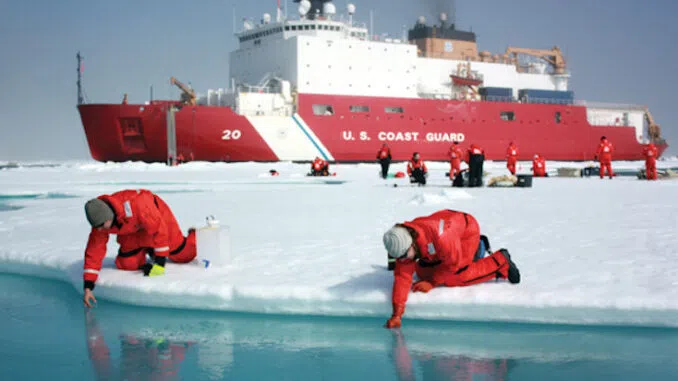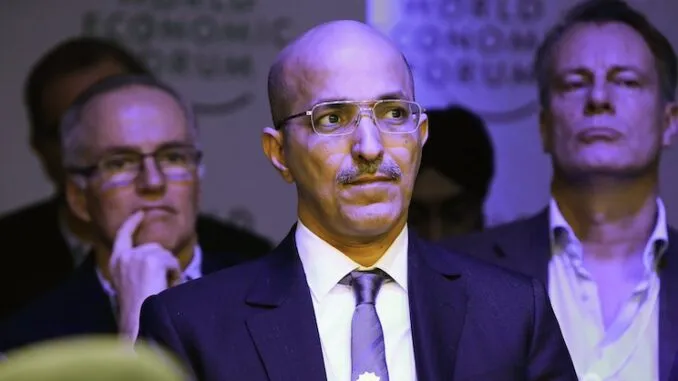In a world where the debate over climate change is fierce and divisive, over 1,600 eminent scientists from across the globe have come together to challenge the prevailing narrative. They've signed the World Climate Declaration (WCD), a document that dismisses the notion of a "climate crisis" and emphasizes the benefits of carbon dioxide to our planet. This article delves into the key points of the WCD and exposes the political agenda behind the climate change narrative.
The World Climate Declaration (WCD)
The WCD, spearheaded by the Global Climate Intelligence Group (CLINTEL), has gained momentum as an authoritative response to the ongoing climate discourse. Its signatories include 321 professionals from the United States, including two Nobel Prize winners: John Francis Clauser and Ivan Giaever.
Debunking the Climate Emergency Scam https://t.co/nBQXke7kJT
— Chris Wick News (@ChrisWickNews) September 1, 2023
Climate Variability Throughout History
One fundamental argument presented by the WCD is that Earth's climate has exhibited natural variations throughout its existence. Contrary to claims that human activity has led to "man-made global warming," historical records indicate several periods of both cooling and warming. The Little Ice Age, which ended as recently as 1850, serves as a prime example of such fluctuations.
Challenging Climate Models
The WCD takes a critical stance on climate models, highlighting their limitations and biases. It asserts that these models exaggerate the impact of greenhouse gases and disregard the beneficial effects of enriching the atmosphere with CO2. While some characterize carbon dioxide as environmentally harmful, the WCD counters by stating that it is not a pollutant but rather an essential element for all life on Earth. CO2 is not an adversary of nature; it contributes positively by enhancing plant biomass and crop yields worldwide.
Dispelling Disaster Claims
The declaration also refutes claims linking global warming to increased natural disasters, such as hurricanes, floods, wildfires, and droughts. The WCD emphasizes the lack of statistical evidence to support these assertions. In essence, it reaffirms the absence of a climate emergency, arguing against panic and alarmism.
A Call for Adaptation Over Mitigation
Instead of advocating for unrealistic net-zero CO2 policies proposed for 2050, the WCD encourages a focus on adaptation strategies. The coalition contends that adaptation is a more effective approach, irrespective of the causes behind climate fluctuations. It questions the current state of climate science, characterized by belief-driven discussions centered on immature climate models.
The Nobel Laureates' Contribution
Notably, two Nobel laureates, John Francis Clauser and Ivan Giaever, have lent their support to the WCD. Clauser, in particular, has made a substantial contribution to climate models by highlighting the significance of cumulus cloud reflection, a factor that significantly impacts Earth's temperature regulation. Clauser's stance on climate policies directly contradicts those of President Joe Biden, and he has been vocal in warning against fearmongering climate science.
Conclusion: A Political Agenda Unveiled
In conclusion, the World Climate Declaration challenges the widely accepted narrative of a climate crisis. It emphasizes the need for a more objective and scientifically sound approach to climate science and policies. Moreover, it exposes the political motivations behind the climate change agenda, revealing how it aligns with the goals of globalist organizations like the World Economic Forum and the United Nations. While climate change remains a critical issue, the WCD calls for a shift away from sensationalism and toward evidence-based solutions that benefit both the environment and humanity as a whole.
Is this content hitting the mark for you? If so, consider supporting my work—buy me a virtual coffee! ☕ Your support keeps the ideas flowing. Thanks so much! 🙏 Please Contribute via GoGetFunding



